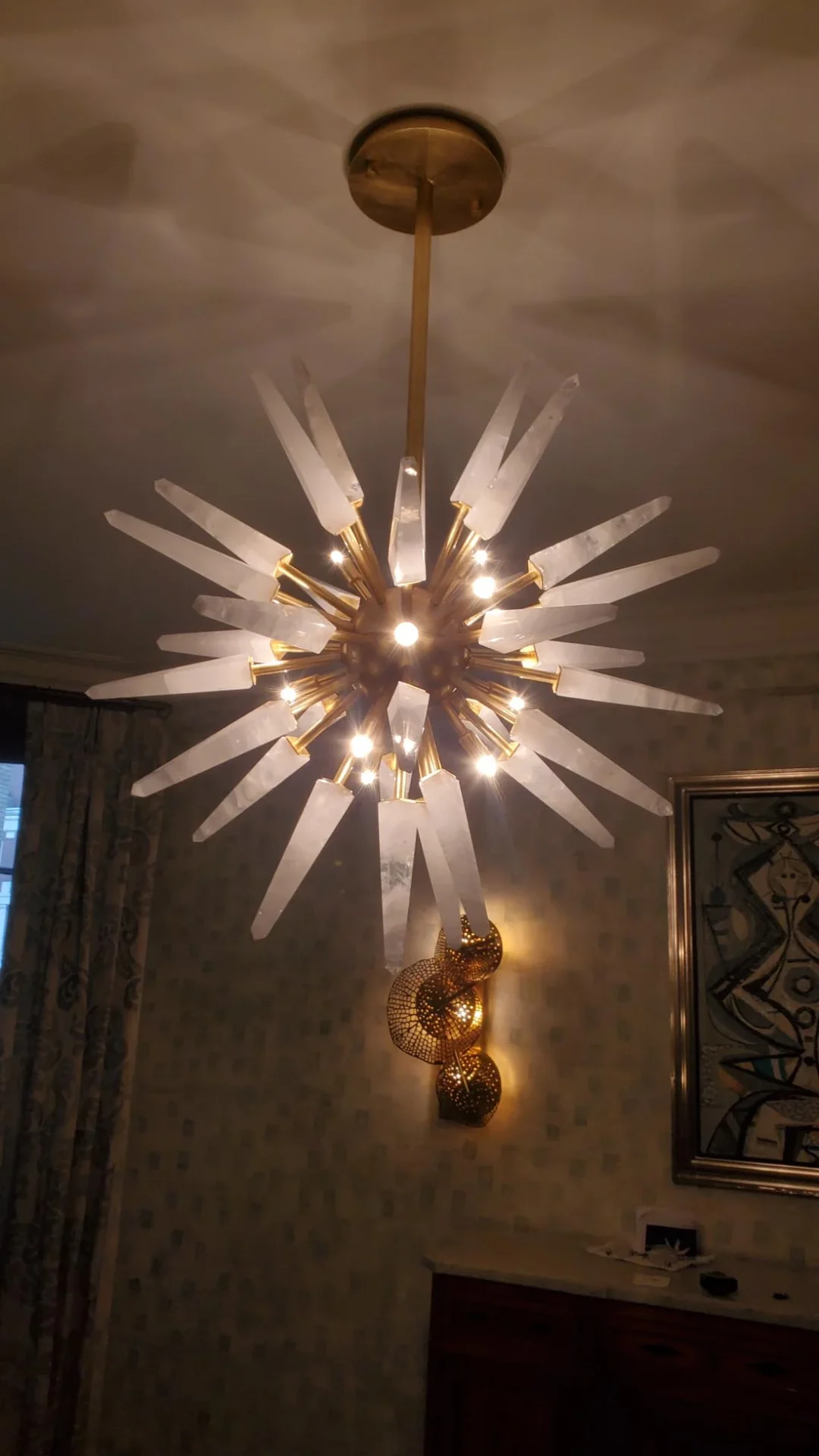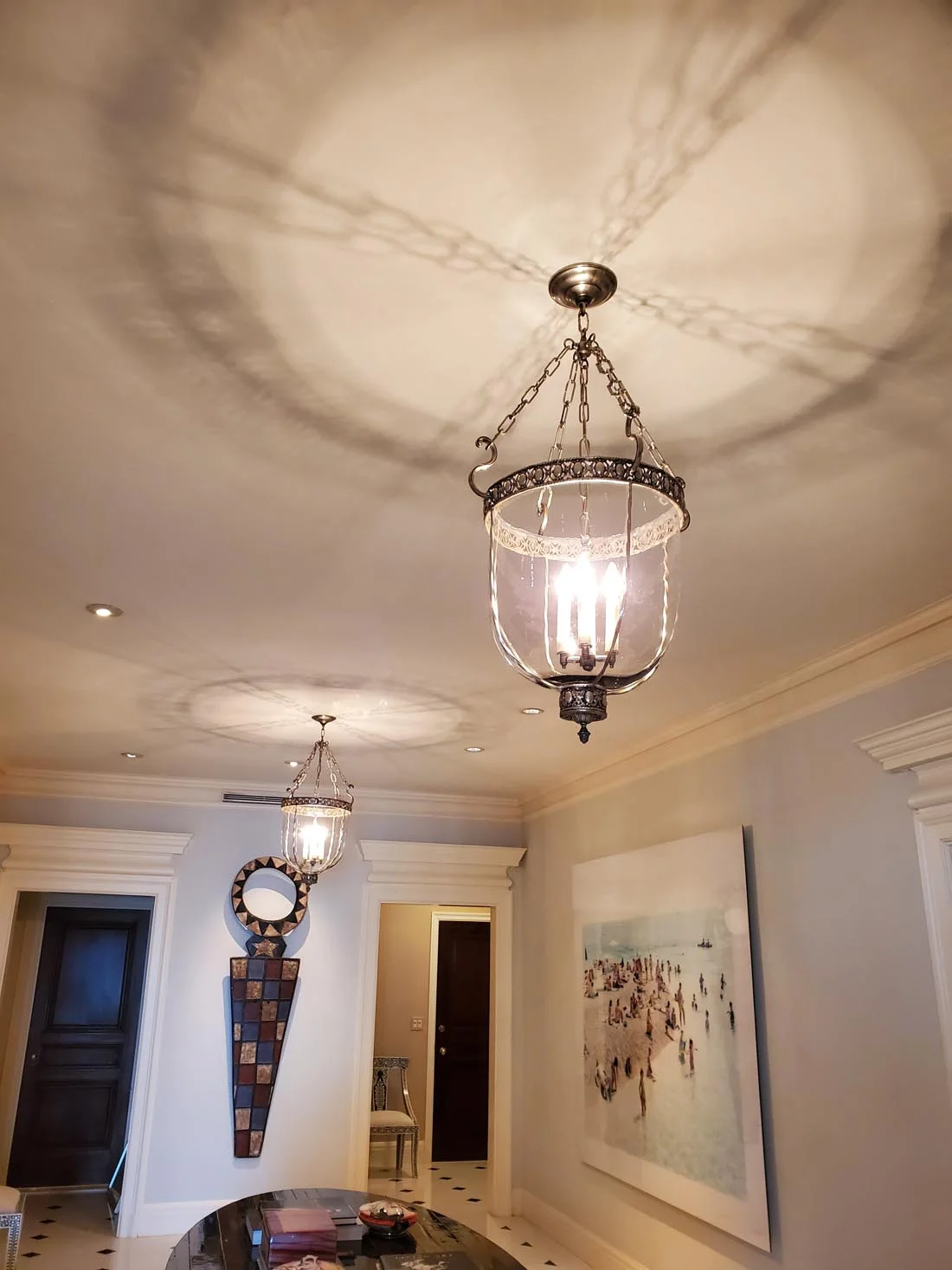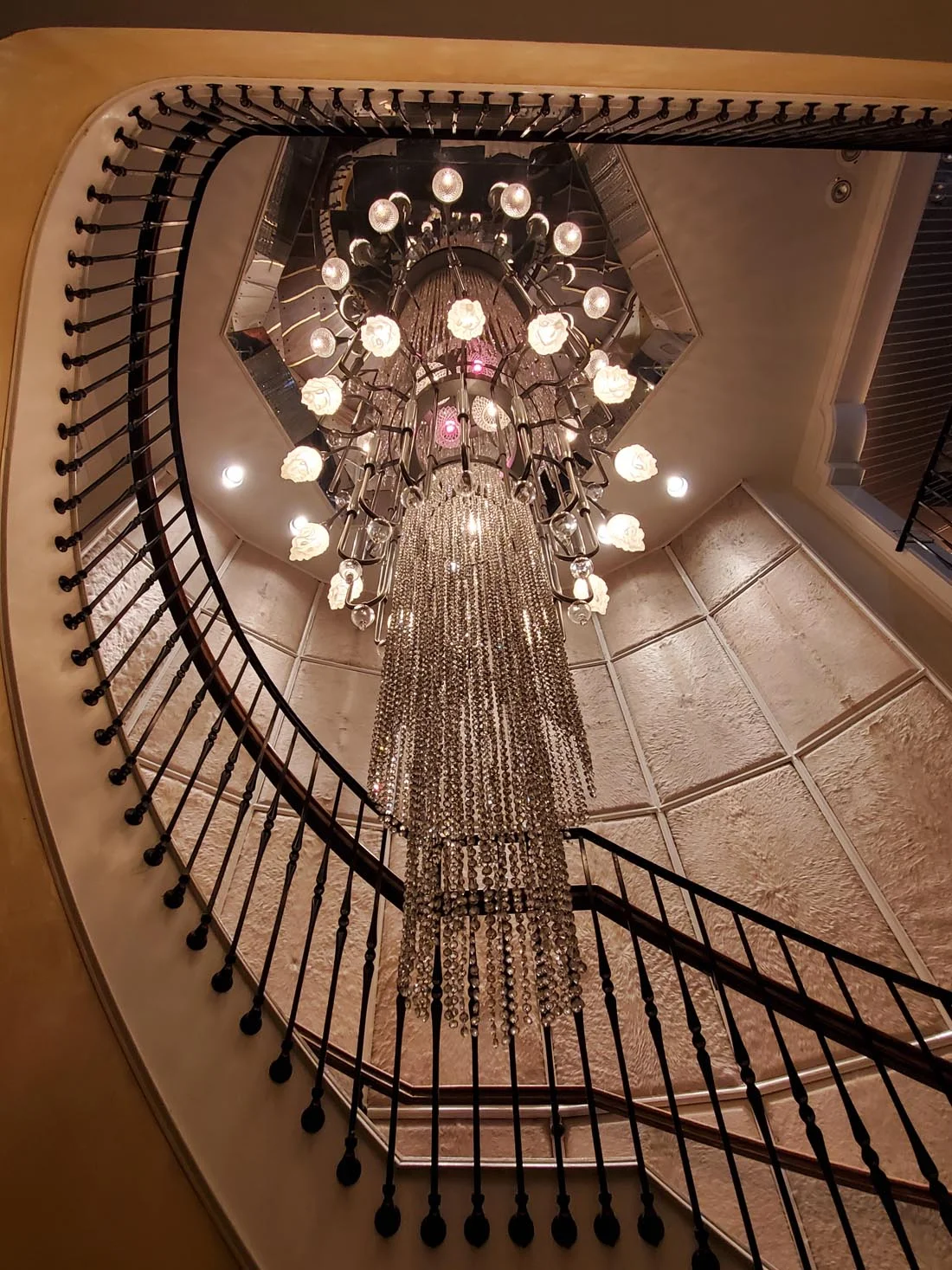Why LED UL Certification Matters
About UL: Underwriters Laboratories
When LED lighting has a UL certification, it is a testament to a product’s rigorous testing and adherence to specific safety standards. For LED lighting, this certification includes evaluating materials, construction, performance, and environmental sustainability. The certification process itself involves inspecting the production process, analyzing documentation, studying test methods, and inspecting the storage process of the produced or imported material. When you have UL certified LED lighting, you know it comes with quality.
What Does UL Listed Mean for Lighting?
A UL-listed lighting product indicates that the manufacturer has invested the time and energy required to meet rigorous testing requirements and safety benchmarks. It also assures the buyer that the product is high-quality and reliable. Thus, you can buy UL lighting with confidence, knowing that you are choosing a safe product for your home or business.
Do LED Lights Need to be UL Listed?
A UL listing is often a requirement for many lighting applications in various settings. In fact, some electricians may refuse to install lighting fixtures without these certifications, and inspectors may not allow them on jobs in the first place.
UL listing can affect your homeowners’ insurance, too. Insurance companies may be less likely to look favorably on a fire caused by a non-UL labeled light fixture. For the safety of your home, you should only use lights that have earned UL or ETL certification.
When you turn to Londono Brothers, get professional work on LED UL certification lighting products.

The Importance of Certification for LED Lighting
5 Reasons UL Certification is Important
UL certifications are not just labels. They are crucial in ensuring the safety and quality of LED products. UL certification provides valuable assurance to consumers and professionals alike. Giving everyone the peace of mind that safety standards are met.
- Quality Indicator: A UL certification serves as a benchmark for product quality, which encompasses performance and durability standards.
- Consumer & Professional Confidence: Certified products provide peace of mind to end-users and industry professionals, which ensures that all safety standards are met.
- Regulatory Compliance: UL certifications are not just about safety and quality. They are also about regulatory compliance and everything that comes with that. Many building codes and regulations require a UL listed product, which makes this certification essential for many different applications. And in the end, ensuring that your LED lighting choices are legal and compliant.
- Safety Assurance: A UL certification for a lighting product indicates that LED products have been rigorously tested to prevent electrical hazards and other safety risks. Thus adding crucial safety assurance.
- Insurance: Some insurance companies may require the use of certified products to provide coverage. So for insurance purposes, UL certification is a must.
It is important to note that while certification is essential, it should be considered alongside other factors such as energy efficiency, color rendering index, and overall product quality when selecting LED lighting solutions.

Impact of Non-UL Certified Lighting
4 Dangers of Non-UL Canless Lights
Aside from getting the advantages of UL certified lighting, you are also avoiding some of the dangers that come from purchasing and using non-UL certified lighting products. Canless LED lights, otherwise known as downlights or LED wafer lights, may pose potential dangers due to their close proximity to ceiling insulation and other fire-hazardous dry materials in your ceiling. Here are four common dangers of not having UL-listing LED lighting.
1) Potential Electrical Dangers
Faults in the electrical system, short circuits, and even fires could result from non-UL canless lights.
2) Fire Threat
Non-UL canless lights lack the necessary certification to ensure their materials and design do not overheat. This poses a greater fire risk, particularly in enclosed or insulated places where they are mounted.
3) Low-Quality Components
Lights that do not have the UL certification may be made of cheaper materials that are more likely to deteriorate quickly. And when the materials are cheap, they simply do not last long.
4) Non-Compliance with Building Codes
There is often a mandate by insurance companies and local building codes for UL-certified products. Using lights that are not UL certified can result in noncompliance, which may impact insurance claims and property value. LED lighting products without UL certification usually do not have full warranties or customer support. So, if problems develop, then buyers cannot get their money back.
Contact Us for LED UL Certification Work
For more information about LED UL Certification, please contact us today. When you reach out, we can provide you with more information regarding all of our lighting services.


